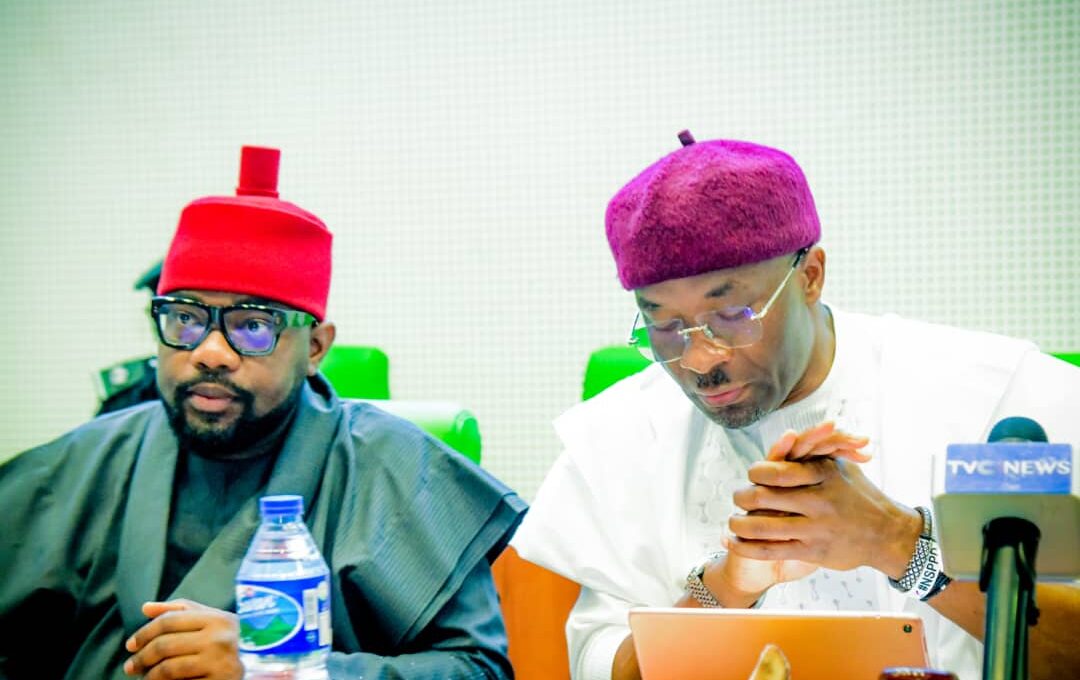Mohammed Shosanya
The House of Representatives has initiated an investigation into allegations of the importation of adulterated petroleum products and the scarcity of crude oil for refineries.
This inquiry aims to uncover the root causes of these issues, which have significant implications for Nigeria’s energy sector and economy.
The House at the plenary on July 9 constituted a Joint Petroleum Committees on Midstream and fownstream sectors to conduct a forensic investigation towards
addressing the pressing issues within Nigeria’s energy sector.
In his keynote address at the inaugural meeting on Monday, the Speaker of the House of Representatives, Rt. Hon. Tajudeen Abbas, expressed deep concern over the resurgence of fuel queues at petrol stations, the rising cost of Premium Motor Spirit (PMS), and the unavailability of crude oil feedstock for domestic refineries.
Represented by his Deputy, Rt. Hon. Benjamin Kalu, he emphasized the scrutiny on the quality of petroleum products imported into Nigeria. He urged relevant stakeholders to ensure compliance with global standards.
According to him, the Nigerian Midstream and Downstream Petroleum Regulatory Authority (NMDPRA) and the Standards Organization of Nigeria (SON) must ensure that all imported petrol undergoes rigorous laboratory testing to meet the standard sulphur and octane levels.
He expressed disapproval over the quality of petrol being imported into the country, pointing out its high sulphur content, lead presence, and low octane levels.
He stated, “In carbon-conscious economies, maintaining high octane levels is a crucial regulatory concern for both energy regulators and environmental protection agencies. While lower octane levels reduce refining costs, this should not compromise quality and environmental standards. Regulatory bodies such as the Standards Organization of Nigeria (SON), the National Environmental Standards and Regulations Enforcement Agency (NESREA), and the Nigerian Midstream and Downstream Petroleum Regulatory Authority (NMDPRA) play a vital role in ensuring that the petrol consumed in Nigeria meets environmentally friendly standards.”
In addressing the challenges faced by domestic refiners in securing reliable crude oil feedstock, it is important to emphasize that President Bola Ahmed Tinubu is dedicated to creating a level playing field for both producers and refiners in the industry.
“I urge that the rules of engagement be structured in a way that the pricing models from oil producers do not disadvantage domestic refineries. Additionally, I call on the Joint Petroleum Committees on Midstream and Downstream sectors to work towards aligning the Domestic Crude Oil Supply Obligation with the nation’s energy security. This collaboration with sector regulators is crucial for re-engineering regulatory processes to effectively tackle these challenges”.
Commending the Chairmen of the Committees, Hon. Ikenga Ugochinyere and Hon. Henry Okojie, for their diligent efforts, he urged them to work with a shared sense of purpose and determination to ensure that Nigeria’s energy sector operates at the highest standards of quality, efficiency, and environmental sustainability.
Speaking,Ugochinyere called on all stakeholders to provide comprehensive support, including essential information and documentation.
He urged refinery operators, importers, producers, and marketers of petroleum products to share their complaints, suggestions, and independent insights.
Emphasizing that the investigation aims to identify and resolve the underlying issues plaguing Nigeria’s petroleum sector, the lawmaker called on relevant stakeholders to refrain from attacking the media until the investigation is concluded.

